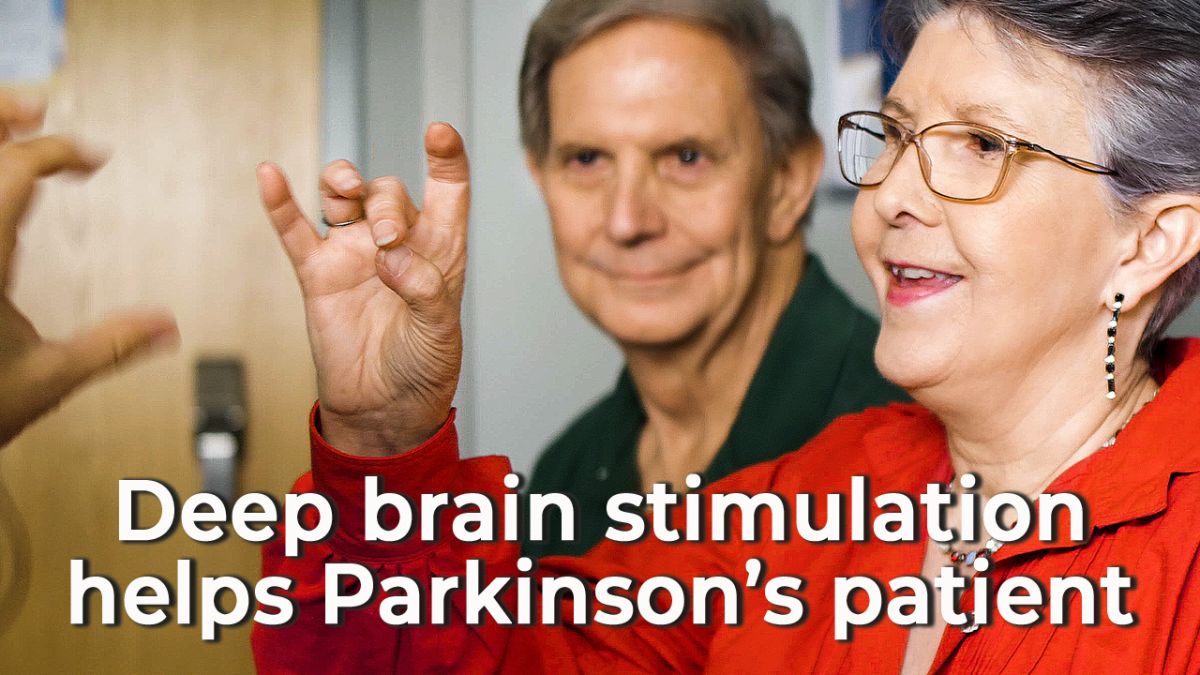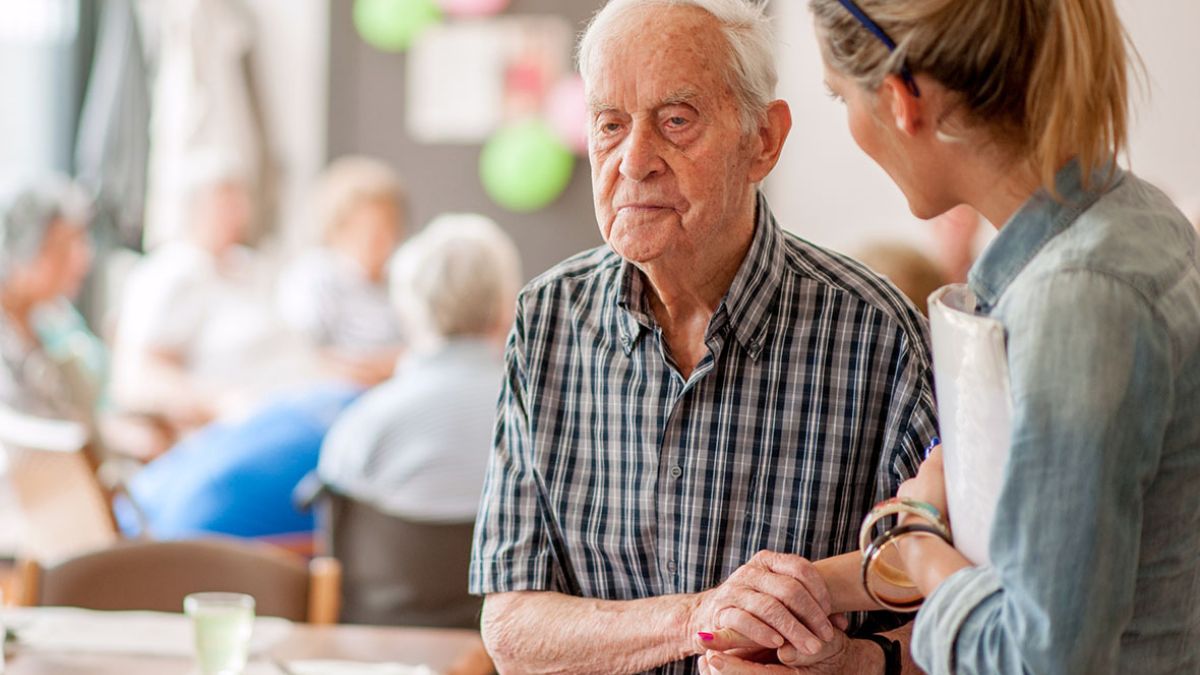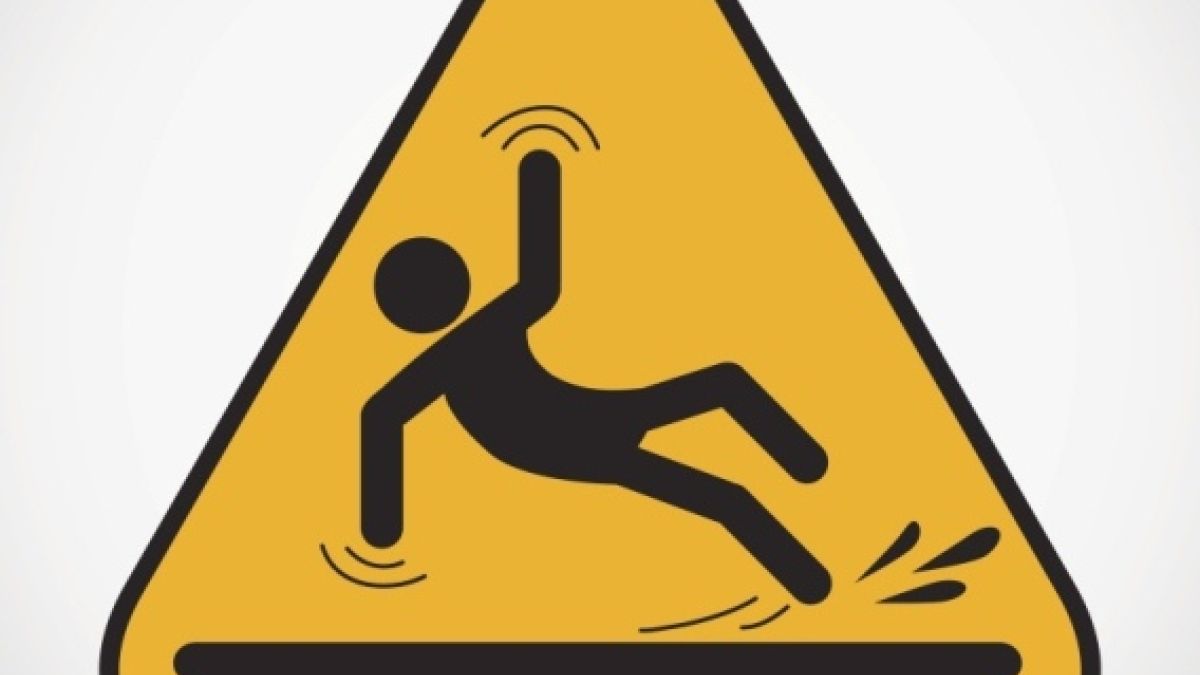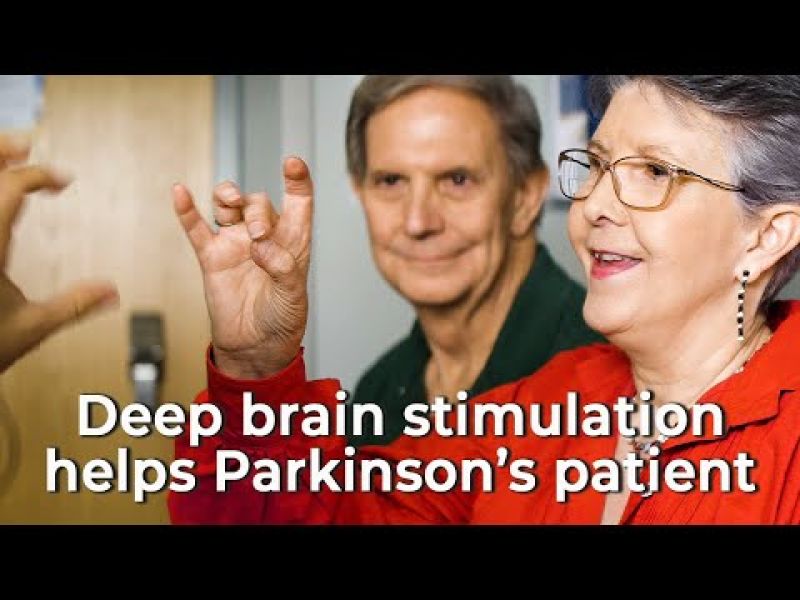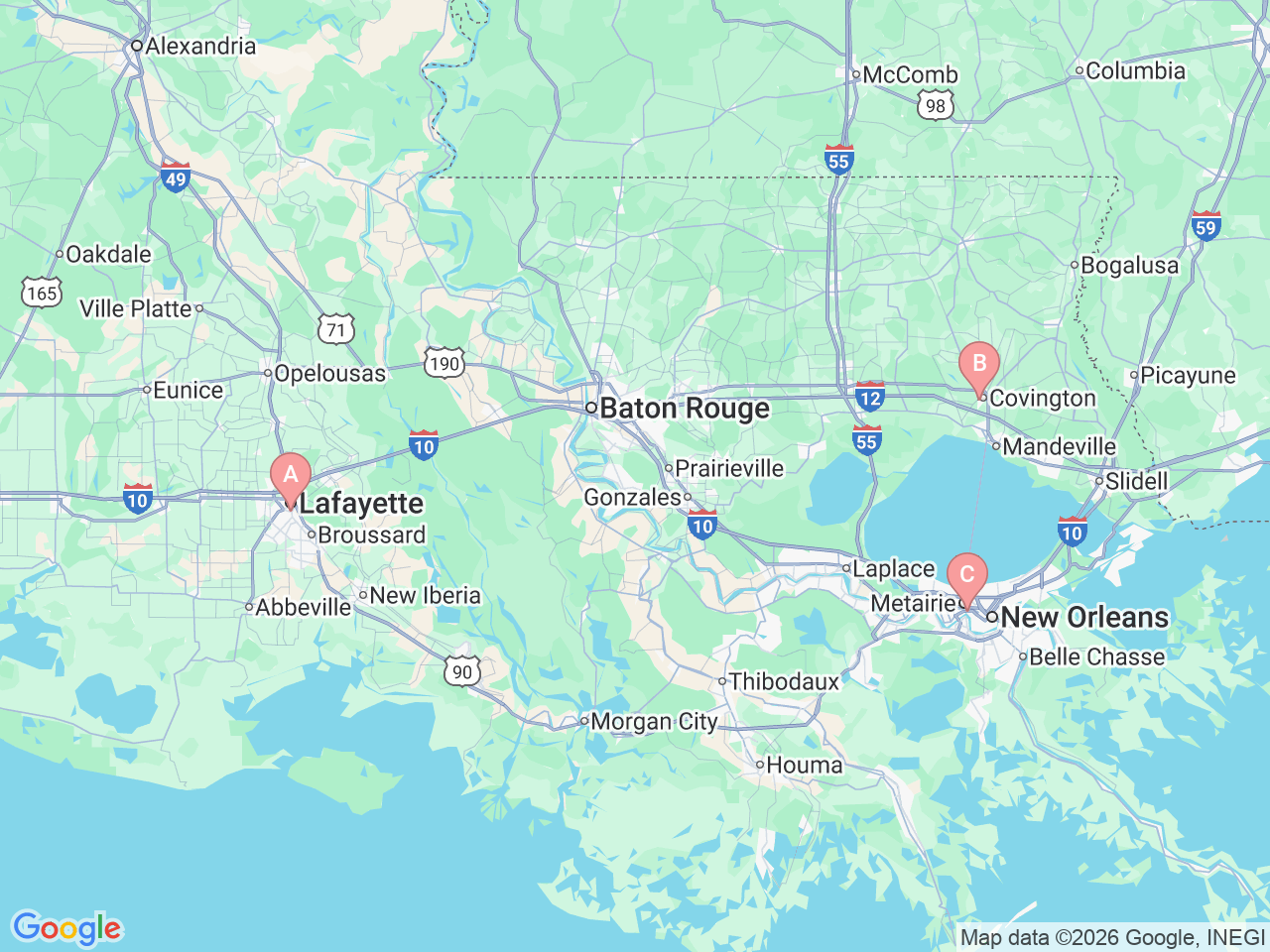Why choose Ochsner Health for Parkinson's disease treatment?
Ochsner Health provides expert care for Parkinson's disease across several locations, including Lafayette, Covington and New Orleans, Louisiana. Our team includes specialty-trained neurologists, nurse practitioners and a Deep Brain Stimulation Program coordinator, who ensures each patient receives tailored treatment. By combining advanced therapies like Deep Brain Stimulation with support from neurosurgery, neuropsychology, and physical, occupational and speech therapy, Ochsner empowers patients to achieve a better quality of life while navigating Parkinson's disease.
Parkinson’s disease affects the brain and causes symptoms like tremors, stiffness, and balance issues. It happens when nerve cells that make dopamine, a chemical that helps control movement, start to break down. There is no cure, but treatments like medications, physical therapy, and sometimes surgery can help manage symptoms. With the right care and support, many people with Parkinson’s can live active and meaningful lives.







